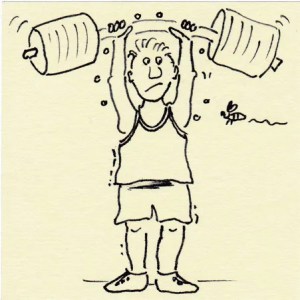 We should look with awe at the immense ability of Earth’s biosphere to sustain itself. In the millions of years of life on Earth, this ability always persisted. This is why life (and therefore humanity) is still around today. The biosphere has been resilient enough to weather several mass extinctions of global scale in its geological past, e.g., caused by asteroid impacts [1].
We should look with awe at the immense ability of Earth’s biosphere to sustain itself. In the millions of years of life on Earth, this ability always persisted. This is why life (and therefore humanity) is still around today. The biosphere has been resilient enough to weather several mass extinctions of global scale in its geological past, e.g., caused by asteroid impacts [1].Can humans have an impact on Earth’s biosphere to the extent of an asteroid? I think so. If we’d really wage a war with nuclear weapons, the effect might be comparable. But even without such a disaster, we are now testing the limits of the current state of the biosphere.
Ecological science has documented numerous cases, where ecosystems irreversibly passed tipping points due to human activities [2]. A small example is Lake Sempach in Switzerland, which happens to be in my neighbourhood. Ever since a massive fish kill in 1984, caused by eutrophication, is has been artificially aerated. Even today (2018) there are still no prospects for completely switching off aeration.
When a certain threshold is passed, it is difficult or even impossible to revert an ecosystem to its previous state. Does the biosphere as a whole also have such tipping points? Ecology suggests that it does.
Sustainable development is an expression whose meaning is somewhat difficult to grasp. It is often defined as development that “meets the needs of the present without compromising the ability of future generations to meet their own needs” [3]. But what does “ability of future generations” mean? Let’s illustrate this with an image.
If humanity were a weightlifter, sustainable weightlifting would mean that we’d not ever be allowed to put down the dumbbells*. A threshold effect, such as a climate tipping point, would continuously put more weight on the dumbbells. Unexpected disturbances would weaken the weightlifter. Even a trained weightlifter would eventually break down.
Ability of future generations implies the “capacity, fitness, or tendency to act in a (specified) way” ([4]) to meet their needs. We should lighten the burden of our kids and our grandchildren instead of adding the weight of an irreversible ecological change to it. I also think we need to teach and train them how to engineer their direct environment holistically and based on findings from ecology. Sustain ability with Ecological Engineering!
—————
* this type of weightlifting is fortunately not an olympic discipline…
—————
[1] https://en.wikipedia.org/wiki/Chicxulub_crater
[2] Resilience Alliance and Santa Fe Institute. 2004. Thresholds and alternate states in ecological and social-ecological systems. Resilience Alliance. (Online.) URL: http://www.resalliance.org/index.php/thresholds_database
[3] http://www.un-documents.net/our-common-future.pdf
[4] https://www.merriam-webster.com/dictionary/ability

